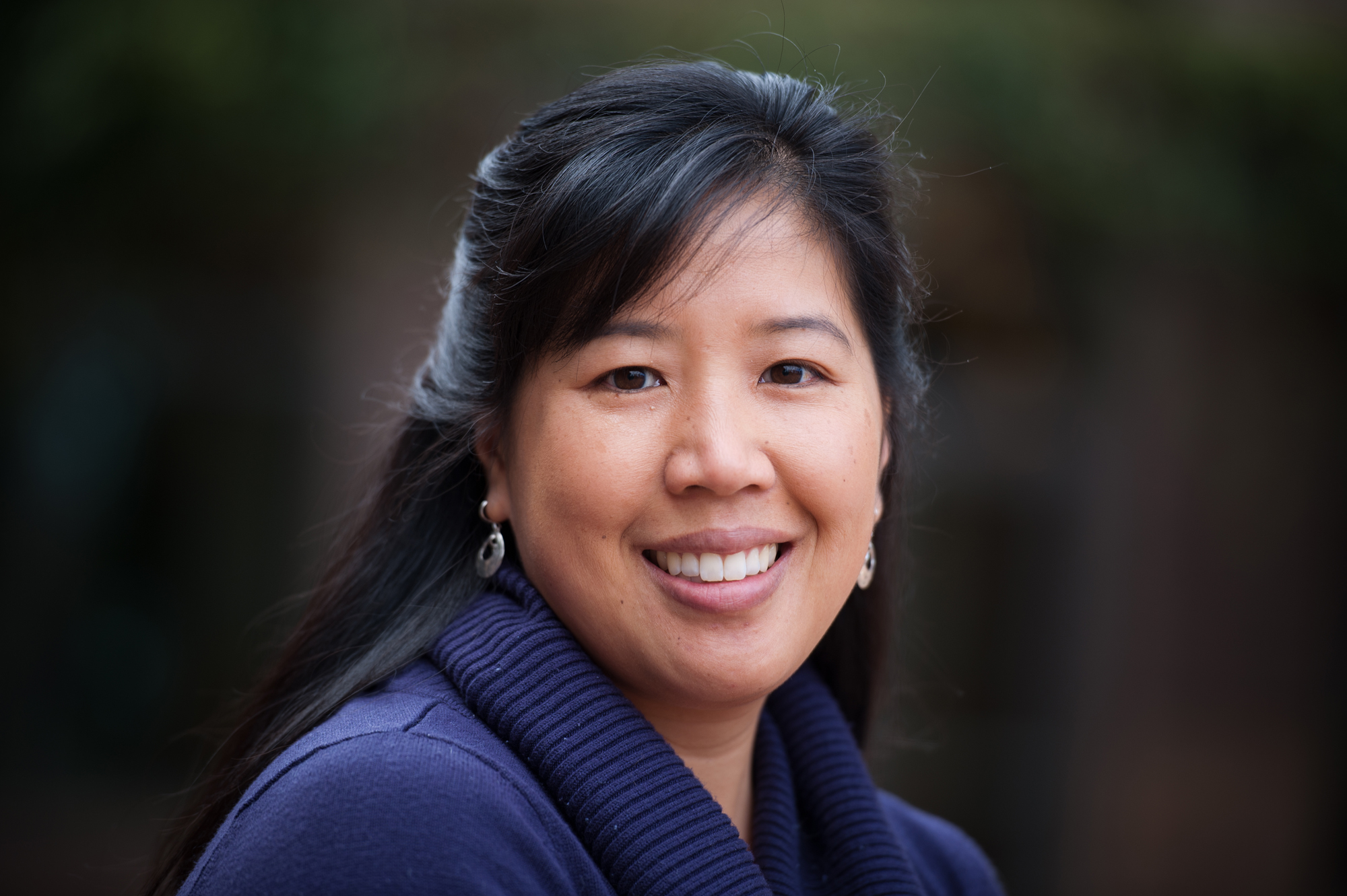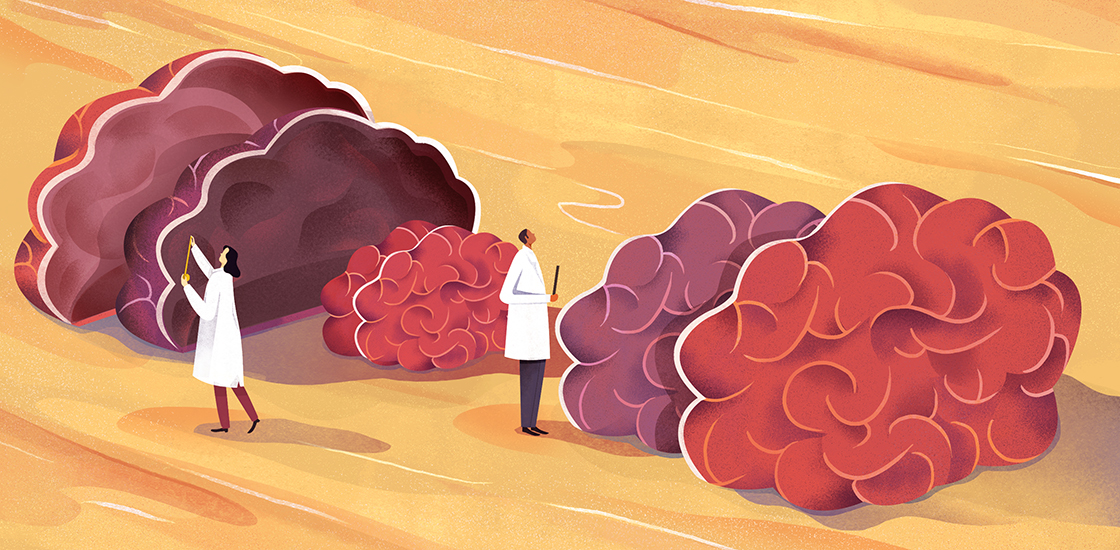Christine Wu Nordahl is professor of psychiatry and behavioral sciences at the University of California, Davis MIND Institute.

Christine Wu Nordahl
Assistant professor
University of California, Davis
From this contributor
Early brain enlargement augurs distinct form of autism
A minority of boys with autism have brains that are unusually large relative to their bodies — a trait tied to regression and intellectual disability.

Early brain enlargement augurs distinct form of autism
Questions for Nordahl, Mello: Scans for children with autism
Techniques used in behavioral interventions could help scientists scan the brains of children who have both autism and intellectual disability.

Questions for Nordahl, Mello: Scans for children with autism
Charting typical brain development
How can we characterize what is atypical when we don’t fully understand what typical brain development looks like, particularly under the age of 5? Christine Wu Nordahl explains the importance of scanning the brains of typically developing children.
Explore more from The Transmitter
Shifting neural code powers speech comprehension
Dynamic coding helps explain how the brain processes multiple features of speech—from the smallest units of sounds to full sentences—simultaneously.

Shifting neural code powers speech comprehension
Dynamic coding helps explain how the brain processes multiple features of speech—from the smallest units of sounds to full sentences—simultaneously.
Astrocytes orchestrate oxytocin’s social effects in mice
The cells amplify oxytocin—and may be responsible for sex differences in social behavior, two preprints find.

Astrocytes orchestrate oxytocin’s social effects in mice
The cells amplify oxytocin—and may be responsible for sex differences in social behavior, two preprints find.
Neuro’s ark: Spying on the secret sensory world of ticks
Carola Städele, a self-proclaimed “tick magnet,” studies the arachnids’ sensory neurobiology—in other words, how these tiny parasites zero in on their next meal.

Neuro’s ark: Spying on the secret sensory world of ticks
Carola Städele, a self-proclaimed “tick magnet,” studies the arachnids’ sensory neurobiology—in other words, how these tiny parasites zero in on their next meal.
